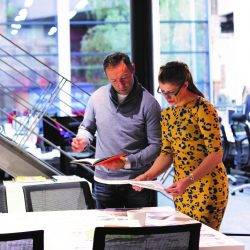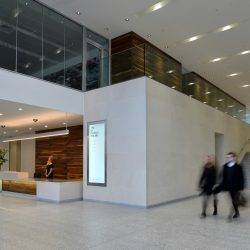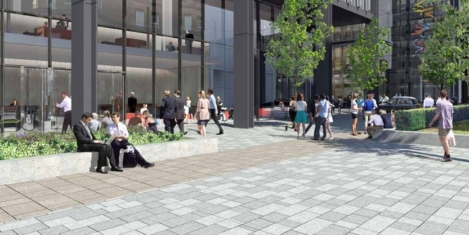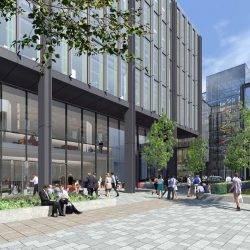November 29, 2016
Rigid attitudes to flexible working prevents lawyers raising it with employers 0
 Flexible working may be gaining ground across the professions but it remains so rare in the legal industry that more than one in three (35 percent) lawyers say they would not feel comfortable even beginning the conversation about flexible working with their employer. The reason for this, suggests new research from My Family Care and recruiters Hydrogen, is down to a rigid culture which encourages working anti-social hours; as almost a third (29 percent) of the 140 of lawyers asked, saying that the majority of their colleagues think that people who work flexibly are simply “having an easy life.” Yet despite this, over two thirds (67 percent) would rather choose flexible working over a 5 percent salary increase. The research also found a large gender divide when it comes to flexible working. While significantly more female lawyers work part time (34 percent of women compared with 10 percent of men), female lawyers say they work considerably more than their contracted hours: 35 percent compared to just 28 percent of males.
Flexible working may be gaining ground across the professions but it remains so rare in the legal industry that more than one in three (35 percent) lawyers say they would not feel comfortable even beginning the conversation about flexible working with their employer. The reason for this, suggests new research from My Family Care and recruiters Hydrogen, is down to a rigid culture which encourages working anti-social hours; as almost a third (29 percent) of the 140 of lawyers asked, saying that the majority of their colleagues think that people who work flexibly are simply “having an easy life.” Yet despite this, over two thirds (67 percent) would rather choose flexible working over a 5 percent salary increase. The research also found a large gender divide when it comes to flexible working. While significantly more female lawyers work part time (34 percent of women compared with 10 percent of men), female lawyers say they work considerably more than their contracted hours: 35 percent compared to just 28 percent of males.
































November 25, 2016
Workplace professionals should look to the consumer sector for boosting engagement 0
by Jeff Flanagan • Comment, Facilities management, Workplace, Workplace design
More and more businesses are recognising the power of the workplace experience to drive employee performance and engagement. Global brand Airbnb, for example, has now renamed its head of human resources as “chief employee experience officer.” This is good news for workplace design and management professionals. We are well placed to capitalise on this shift in business opinion, but if we want to make a tangible impact, we need to bring practical solutions to the table. First and foremost, these need to be backed up by research. There have been few studies specifically into what makes a healthy and productive work environment. However, there are a number of research projects that examine how a human being’s surroundings impact their mood and behaviour, and in particular how consumer environments shape customers’ perception of and engagement with a brand. As workplace professionals, we can learn a great deal from this consumer research and this is why workplace design and management teams should look towards consumer-facing industries for inspiration.
(more…)